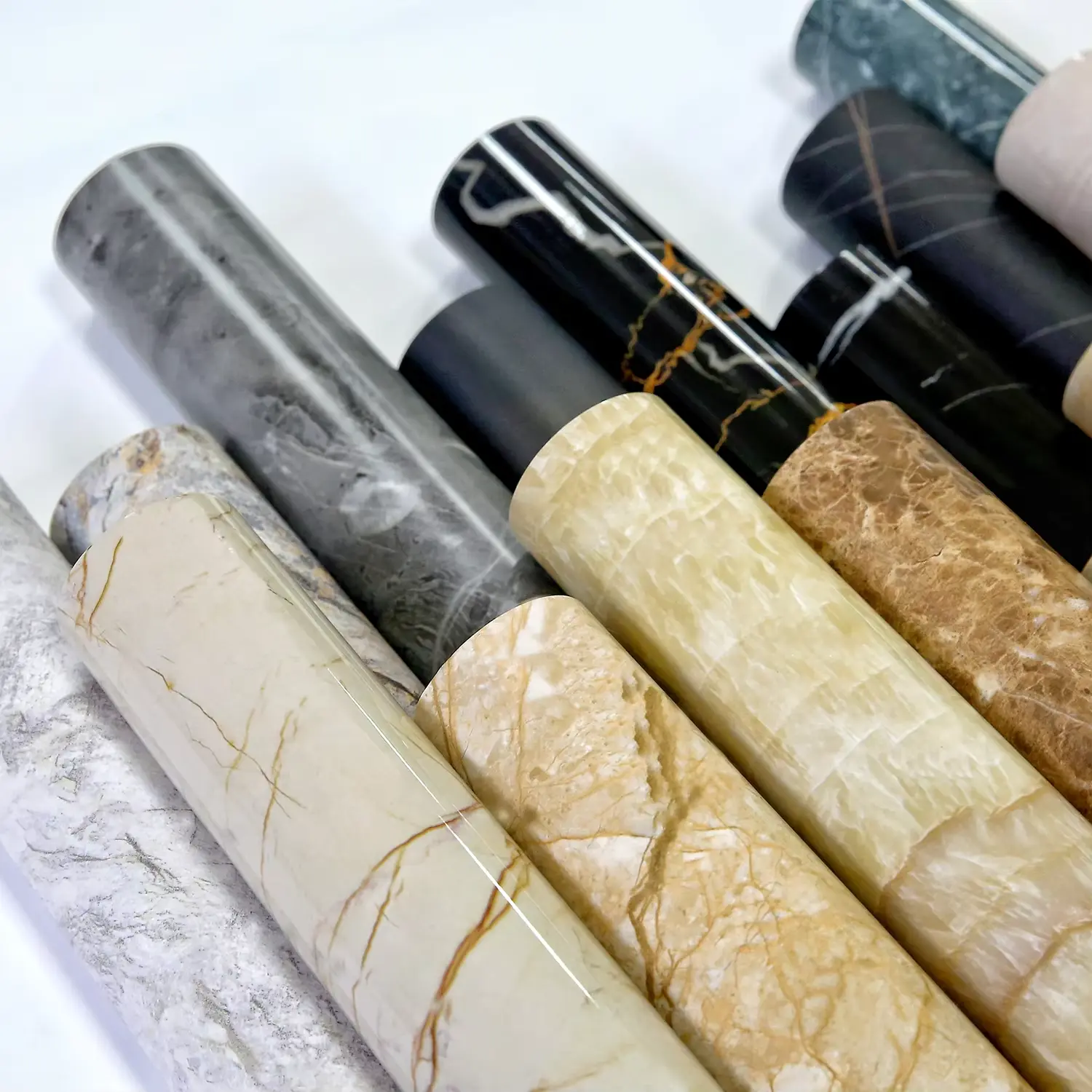PVC Membrane Application in Building Waterproof Materials
2025-06-24
PVC (Polyvinyl Chloride) waterproofing membranes have become a key material in modern construction due to their superior performance, versatility, and ease of installation. These synthetic membranes are widely used in roofing systems, basement waterproofing, tunnels, foundations, and other areas where water intrusion needs to be controlled effectively. Their application plays a crucial role in enhancing the durability and integrity of buildings.
Characteristics of PVC Waterproofing Membranes
PVC membranes are flexible, lightweight, and highly resistant to water, UV radiation, chemicals, and environmental stresses. Manufactured in sheets, these membranes are either loose-laid or fully adhered, and often heat-welded at seams to create a continuous, watertight layer. The presence of plasticizers gives PVC its flexibility, allowing it to conform to various shapes and surfaces without cracking or tearing.
Applications in Building Waterproofing
Roofing Systems:
PVC membranes are extensively used in flat and low-slope roofing systems. They provide long-lasting protection against rain, snow, and ponding water. Due to their reflective surface, they also contribute to energy efficiency by reducing cooling loads in hot climates.
Basement and Foundation Waterproofing:
Below-grade waterproofing is essential to prevent structural damage and mold growth. PVC membranes are applied to the exterior walls of basements and foundations to create a barrier against groundwater infiltration. Their durability ensures performance over long periods without degradation.

Tunnels and Underground Structures:
In civil engineering, PVC membranes are used to waterproof tunnels and subways. Their high resistance to hydrostatic pressure and chemicals makes them ideal for withstanding harsh underground conditions.
Balconies and Terraces:
Exposed areas such as balconies and terraces benefit from PVC waterproofing systems. These membranes protect the underlying structure from moisture penetration, especially in areas subjected to frequent rainfall.
Green Roofs and Parking Decks:
For green roofs, PVC membranes act as root barriers and moisture protection layers. In parking structures, they safeguard concrete decks from water ingress and deicing salts.
Advantages of PVC Waterproofing Membranes
High Durability: PVC membranes have a long service life, often exceeding 20–30 years with proper maintenance.
Ease of Installation: The membranes are easy to cut, shape, and weld, making installation efficient and cost-effective.
Flexibility and Strength: They can accommodate building movement and structural shifts without losing integrity.
Chemical and UV Resistance: PVC is highly resistant to many industrial pollutants, acids, and sunlight, making it suitable for exposed and industrial environments.
Low Maintenance: Once installed, PVC membranes require minimal upkeep, contributing to lower lifecycle costs.
Conclusion
The application of PVC membranes in building waterproofing is a reliable and efficient solution that enhances the longevity and performance of structures. Their adaptability to various construction environments, combined with excellent resistance to moisture and environmental factors, makes them an essential component in modern waterproofing systems. As building designs become more complex and sustainability becomes a priority, PVC membranes will continue to play a pivotal role in ensuring safe, durable, and watertight constructions.
As a professional manufacturer and supplier, we provide high-quality products. If you are interested in our products or have any questions, please feel free to contact us.